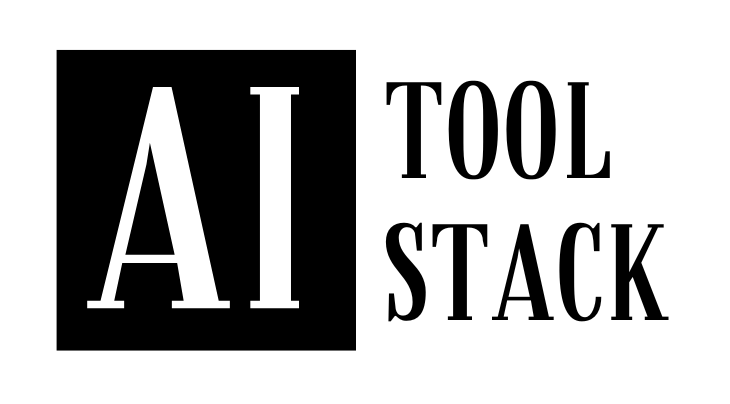AI Prompt Engineering: The Path to Success
By [Your Name]
Professional AI prompt engineering jobs are in high demand, with salaries ranging from $175,000 to well over $300,000 per year. It’s an attractive career path, but being a good AI prompt engineer requires more than just the ability to ask leading questions. It involves a combination of AI, programming, language, problem-solving, and even artistry. In this article, we will explore the skills necessary to thrive in this field.
At its core, prompt engineering involves creating interactions with generative AI tools. These interactions can be conversational, as seen with popular tools like ChatGPT, or programmatic, with prompts embedded in code. To excel in this role, you must have a willingness to learn. The field of generative AI is rapidly evolving, with new breakthroughs, products, and techniques emerging constantly. By staying curious and continuously seeking knowledge, you will be prepared to grow in this career.
Here are six essential skills to hone as an AI prompt engineer:
1. Understand AI, ML, and NLP:
Start by building a solid understanding of artificial intelligence, machine learning, and natural language processing. While you don’t need to create your own large language models (LLMs), you should be familiar with their internals and capabilities. Educate yourself through traditional courses, reading articles and technical papers, attending conferences, and conducting experiments. OpenAI offers a nine-part online class on using ChatGPT in development projects, which is highly recommended.
2. Define problem statements clearly and specify detailed queries:
Clear communication is key to prompt engineering. You must articulate what you want to achieve through the AI interaction. For example, if you want information about Salem, the capital of Oregon, specify the aspects you’re interested in and ensure the AI understands the context. Knowing the limitations of LLMs is essential, as it may require breaking down complex queries into smaller sections. Remember, a clear prompt doesn’t always mean a short one; longer prompts can yield more accurate responses.
3. Be creative and develop conversational skills:
Prompt engineering is a collaborative conversation rather than a programming exercise. Although LLMs are not sentient, they communicate in a manner similar to human conversations. Thinking creatively and exploring different conversational approaches will help you achieve desired results. Experimentation is key, as demonstrated in “How I tricked ChatGPT into telling me lies.” Drawing from experiences in debate teams, negotiations, and sales can strengthen your conversational, persuasion, and collaboration skills.
4. Master programming and API integration:
Proficiency in programming is crucial for prompt engineering. You need to be comfortable working with code and integrating APIs to leverage the power of LLMs. Familiarize yourself with programming languages commonly used in AI development, such as Python, and learn how to effectively utilize AI libraries and frameworks.
5. Develop domain expertise:
To excel as an AI prompt engineer, it’s beneficial to specialize in specific domains. By gaining in-depth knowledge of a particular field, you can craft more targeted and meaningful interactions with AI tools. Whether it’s healthcare, finance, or gaming, becoming an expert in a domain will make you invaluable in creating prompt-based solutions.
6. Stay up-to-date with AI advancements:
The field of AI is constantly evolving, and staying informed about the latest advancements is essential. Follow reputable AI publications, join online communities, and engage in discussions to keep your knowledge current. Attend conferences and webinars to learn from industry experts and network with fellow professionals.
In conclusion, becoming a successful AI prompt engineer requires a combination of technical skills, creativity, and a thirst for knowledge. By understanding AI, defining problem statements clearly, being creative in your approach, mastering programming, developing domain expertise, and staying up-to-date with advancements, you can thrive in this exciting field. Embrace the challenges, continue learning, and contribute to the development of AI-powered solutions.
[Your Name], AI Reporter and Analyst
